
Court halts tailings increase as First Nation challenges B.C.’s decision to greenlight it
Court sides with Xatśūll First Nation, temporarily halting Mount Polley mine waste expansion
Premier Doug Ford’s government is skirting environmental laws while industry benefits and the public is left in the dark, Ontario’s auditor general has found.
In a series of blistering reports Monday, Auditor General Bonnie Lysyk outlined a broad range of failures by Ford’s Progressive Conservatives. The environment ministry is “deliberately ignoring” public transparency rules, billing taxpayers for hazardous waste spills instead of charging companies that pollute, allowing industry to avoid recycling as landfills reach capacity and rubber-stamping permits to destroy endangered species habitat, she found.
“We believe that the public would expect a ministry named the Ministry of the Environment to take the lead and be proactive in ensuring that Ontario’s environment is protected for future generations,” Lysyk told reporters.
“Our work indicated that there are many areas where this is not the case.”
Ontario Environment Minister David Piccini fired back. “I don’t see it that way,” he said, pointing to the government’s moves to modernize the provincial recycling system and look at climate adaptation measures.
“I think actions speak far louder than words,” Piccini added. “The results speak for themselves.”
Phil Pothen, Ontario program manager at non-profit Environmental Defence, said Lysyk’s findings were “troubling.”
“If actions speak louder than words, the minister of the environment is telling us that he does not believe climate change is a real matter of public concern, he’s telling us that he would happily see Ontario’s endangered species be driven to extinction,” Pothen said.
Though previous governments failed to address some of the issues turned up by the audits, Lysyk said the Ford government is bringing in “more obvious” ones.
Here are the key takeaways from Lysyk’s reports.
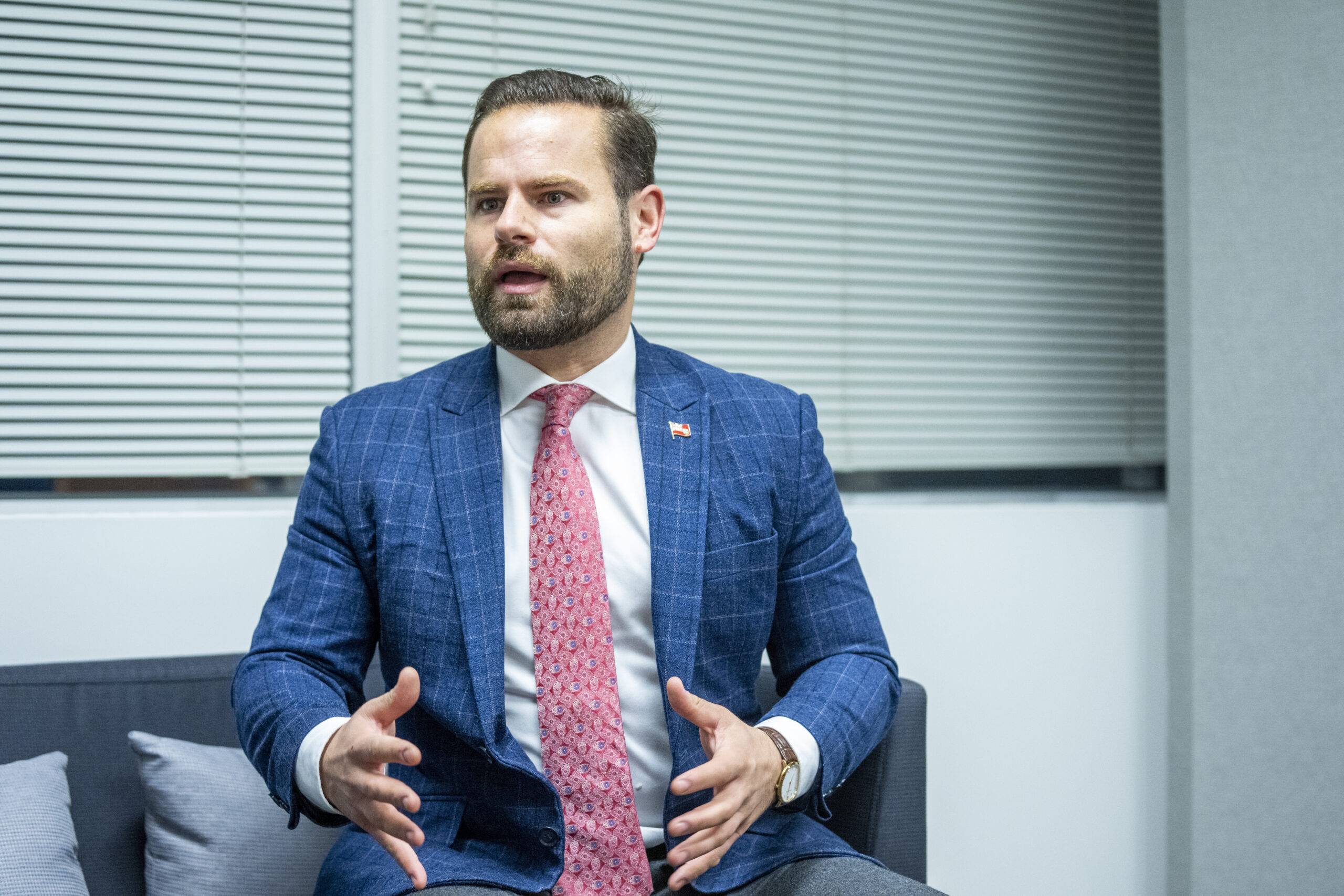
Some of the most eye-popping findings in Lysyk’s reports concern Ontario’s endangered species protections. Since 2009, the number of approvals the province has given to projects that would harm endangered species has gone up by 6,262 per cent.
“I had to look at that number three, four times to actually make sure it was accurate,” provincial Green Party Leader Mike Schreiner said. “That tells you all you need to know about Doug Ford’s lack of commitment to protecting the places we love.”
Approvals for projects to protect and recover species haven’t kept pace with the flurry of permits: the number of those approvals went up 59 per cent over the same time period, while the number of at-risk species climbed by 22 per cent.
The Environment Ministry has never denied a permit to harm an at-risk species, Lysyk found — most are granted “automatically.” The ministry also doesn’t do any inspections to ensure companies abide by the conditions of their approvals, nor does it assess the cumulative effects of development.
“The Environment Ministry’s systems and processes for approving development projects and other types of activities facilitate and enable harm to species and their habitats,” Lysyk said.
In one example, a permit to divide cottage land into smaller lots was approved even though the company in question received a stop work order in 2018 for building a road through Massasauga rattlesnake habitat without government approval. Even as the company was still being prosecuted for damaging habitat in that incident, the ministry approved the 2021 permit. (The report did not name the company or say where the incident happened.)

“Premier Doug Ford is continuing to do his best to make things good for his buddies, no matter what the cost is to the rest of us, to our children, our grandchildren,” Ontario NDP climate critic Peter Tabuns said.
The ministry’s goals for helping species recover are “generally less ambitious” than scientists recommend and it has no objective way of knowing if its actions are making a difference, the report said. The government doesn’t even have a long-term plan to help species recover, as is standard in other jurisdictions, Lysyk found.
Inside the Environment Ministry, employees are starting to raise red flags: an internal employee survey showed 76 per cent of staff in the branch working on species at risk believed the ministry was “not on the right track,” the audit noted.
The Ford government has also stacked the committee that advises the province on endangered species with representatives from industries such as construction “whose interests can be contrary to protecting species at risk and their habitats,” the report found. Of the 15 people on the committee, 10 work for industry associations or companies, and half of those are registered lobbyists, which means they are paid to advocate to the government on behalf of industry.
The ministry couldn’t explain to Lysyk how it had chosen six recent appointees to the committee. Five weren’t screened for having endangered species expertise, and ministry staff recommended against the hiring of the sixth.
“Talent is talent,” Piccini said. “We embrace diversity of opinion, we don’t shun it.”
It also failed to add any new species to the at-risk list for two years because the committee didn’t have the required number of members, and the government failed to appoint anyone new.
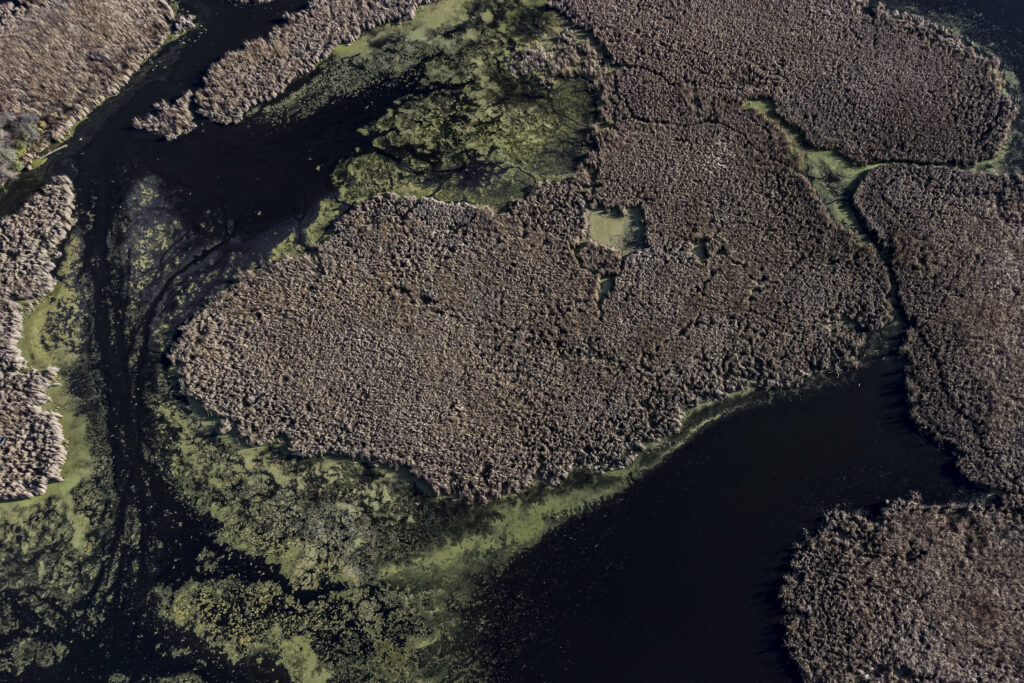

In the meantime, the government has delayed preparing recovery plans for 17 species at risk. It has also delayed funding to conservation projects, which sometimes led to their cancellation.
The Ford government also permanently exempted forestry companies from the law meant to help some endangered species recover. That change could significantly harm 12 species, including the boreal caribou, the report notes.
In response, Piccini said the government is working to fix the system. He pointed to the Ford government’s Species at Risk Conservation Fund, which allows developers to destroy key habitats if they pay fees, which are meant to be used to help the species recover elsewhere.
Critics said it amounts to a “pay to slay” fund.
“We’re investing in letting conservationists guide conservation,” he said, adding that it’s hard to quantify the impact because the project is so new. “Through this fund, we’re going to see incredibly impactful actions to preserve species at risk.”
Piccini also said the Progressive Conservatives have issued more permits for projects aimed at helping species recover than the previous Liberal government
Justina Ray, president and senior scientist at Wildlife Conservation Society Canada, said the Ford government’s changes to endangered species protections are insidious. Especially without proper monitoring, the impacts to fragile ecosystems might not be clear until they hit a crisis point.
“They’re just whittling away at our biodiversity,” Ray said. “I fear it’ll be too late before we find out.”

Of the 73,000 hazardous waste spills documented in Ontario between 2011 and 2020, the government pursued polluters for the costs of cleaning up just three times, Lysyk found. And even in those three cases, the province only asked for about half of what it spent, leaving tens of millions of dollars on the table.
Taxpayers foot the bill for the rest.
Not all of this can be pinned on the PCs: two Liberal premiers were in power during that time, until Ford won in 2018. But the lack of accountability means polluters have little incentive to reduce the risk of spills and improve their clean-up practices, Lysyk said.
The Ford government is “turning a blind eye to hazardous spills and sending the bill to the people of Ontario,” Schreiner said.
The audit also showed that the Ontario government’s hazardous waste spill regime is weak, not transparent and full of loopholes.
For example, it doesn’t require companies operating pipelines or fuel storage facilities. where the risk of spills are high, to have spill prevention and contingency plans. The province argues that pipelines and fuel storage facilities are covered by federal jurisdiction and other provincial regulators — the auditor general’s report also found that those sets of rules either don’t protect the environment or don’t target the most commonly spilled pollutants in Ontario. Other types of companies are required to write contingency plans, but the ministry doesn’t ensure they’re actually in place, the audit found.
Although polluters are supposed to promptly report spills to the province, about a tenth of them aren’t reported until the next day, the audit found. The Environment Ministry did not always penalize companies that failed to report spills quickly. The Auditor General’s office also did a close review of 110 spills between 2010 and 2020, and found that 41 per cent of them weren’t reported by whoever was responsible — the province learned about them through firefighters, police, municipal officials and the public.
“That’s a hole that needs to be patched,” Pothen said.
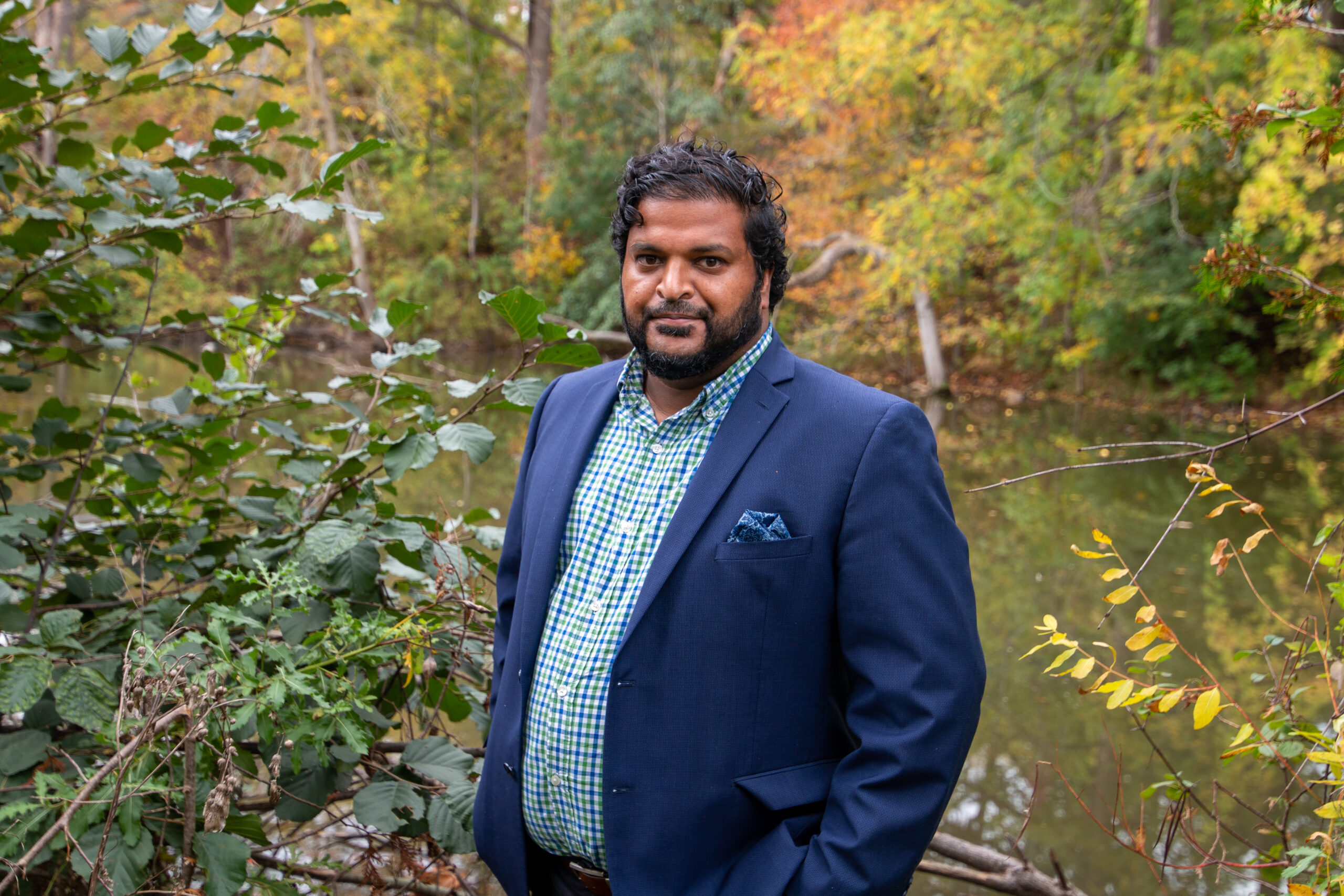
The government doesn’t oversee remediation work either, Lysyk concluded. The Auditor General’s office found five cases where polluters refused to clean up spills, couldn’t be found or were unprepared to fix the situation. In all of them, the Environmental Ministry failed to intervene, “resulting in further risks of the environment and human health,” the audit said.
“Spillers are left to police themselves … with little risk of Environment Ministry enforcement,” the report reads.
Meanwhile, staffing reductions have caused the ministry to do less proactive inspection and enforcement — even though 42 per cent of the inspections that do happen turn up problems. It’s also not recording or analyzing data that would allow it to prioritize the riskiest spills.
The ministry’s enforcement system has allowed 41 repeat offenders — including waste management companies, pipeline operators, hydro providers and several major cities — to keep operating without long-term consequences, even allowing them to expand in some cases. It has only ever revoked two companies’ permits for mismanaging waste, not following a long list of rules, failing to pay fines and illegal dumping.
The government slaps companies with fines in only a few select circumstances and even then, the fines are lower than other jurisdictions like California, Lysyk said. The fines don’t apply to the polluters responsible for 94 per cent of spills reported between 2016 and 2020.
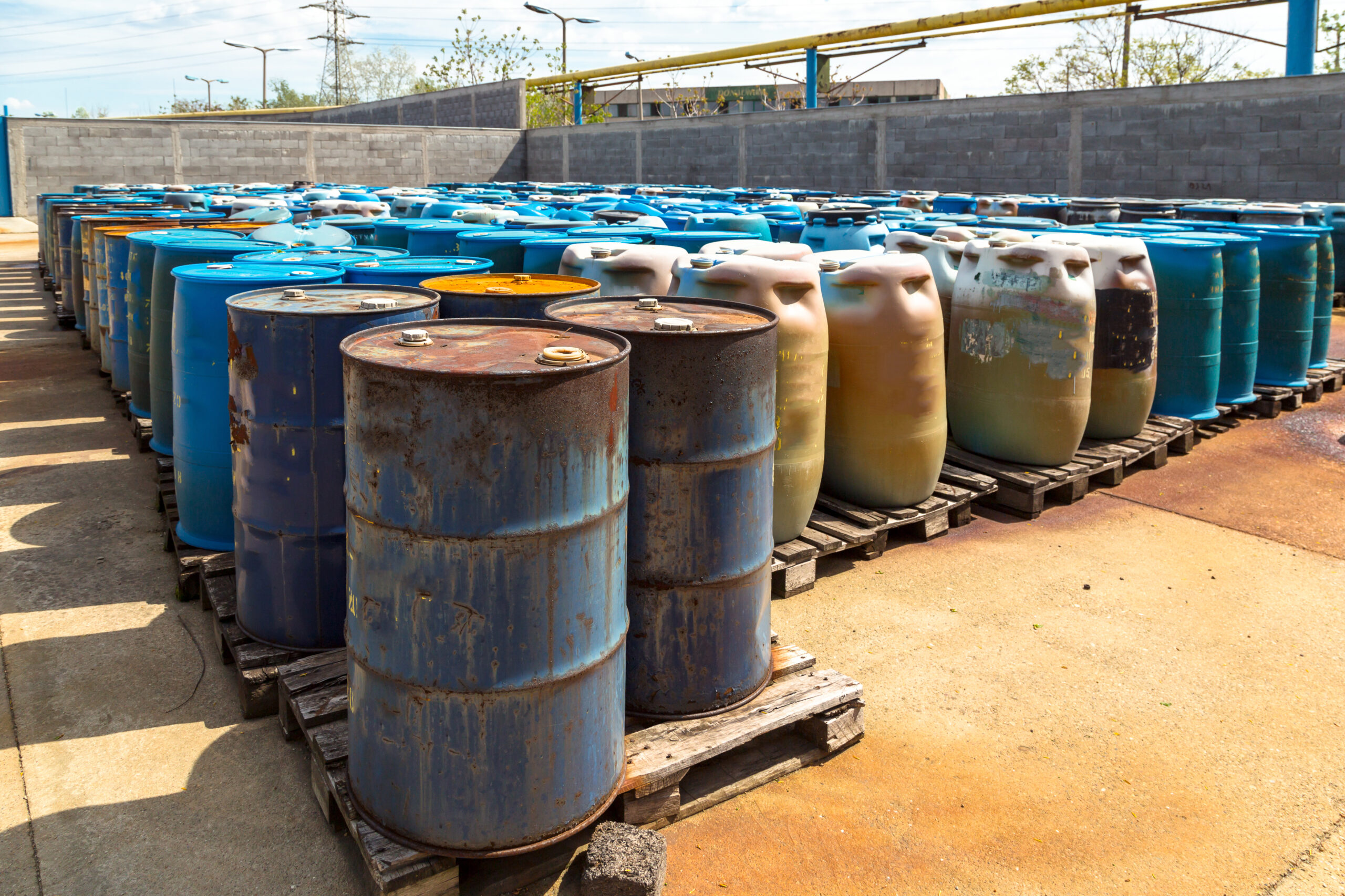
Piccini said the government is working on modernizing Ontario’s antiquated spills reporting system, which now has a publicly-accessible smartphone app, which he said is a “game-changer.”
“We’re empowering citizens to report on spills and things that they’ve witnessed,” he said.
He also said most hazardous waste spills are minor, but that he’s had positive feedback from local officials about provincial response when they happen. He also said the government is updating its strategy for dealing with companies that spill often, and working on a new procedure for revoking permits when polluters repeatedly fail to follow the rules.
“The major spills and enforcement and actually going after repeat offenders, that’s something that the previous government failed to do and something I, as minister, am addressing,” he said.
Ontario NDP environment critic Sandy Shaw said Ontario deserves better.
“Doug Ford is forcing Ontario families to pay millions in cleanup costs, and really letting big industry off the hook,” she said.
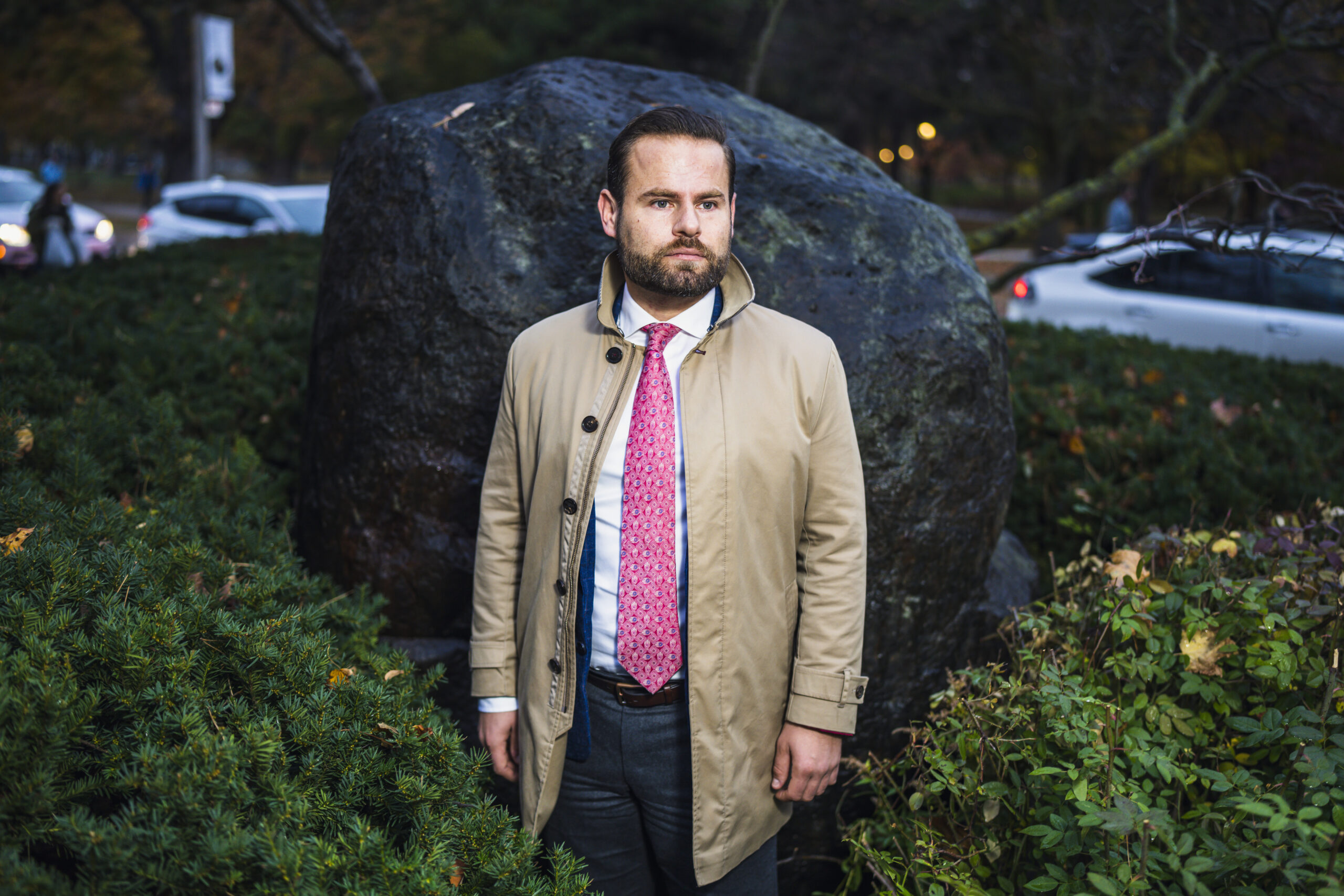
The Ford government is sidestepping laws meant to ensure the public is consulted on decisions affecting the environment, Lysyk found.
In Ontario, the Environmental Bill of Rights requires the government to be transparent about those choices by posting proposals on the provincial environment registry and allow citizens to weigh in. An independent provincial watchdog used to oversee the law — the Progressive Conservatives axed the office in 2018 and folded that responsibility into the auditor general’s office.
This year is the third in a row where Lysyk has rebuked the government for failing to follow the Environmental Bill of Rights. But she took her criticism one step further Monday, saying the Progressive Conservatives are “deliberately” undermining the law, and the Environment Ministry in particular is suffering from a lack of leadership.
“We’ve been waiting and hoping that the importance of that act will be taken into consideration,” she said.
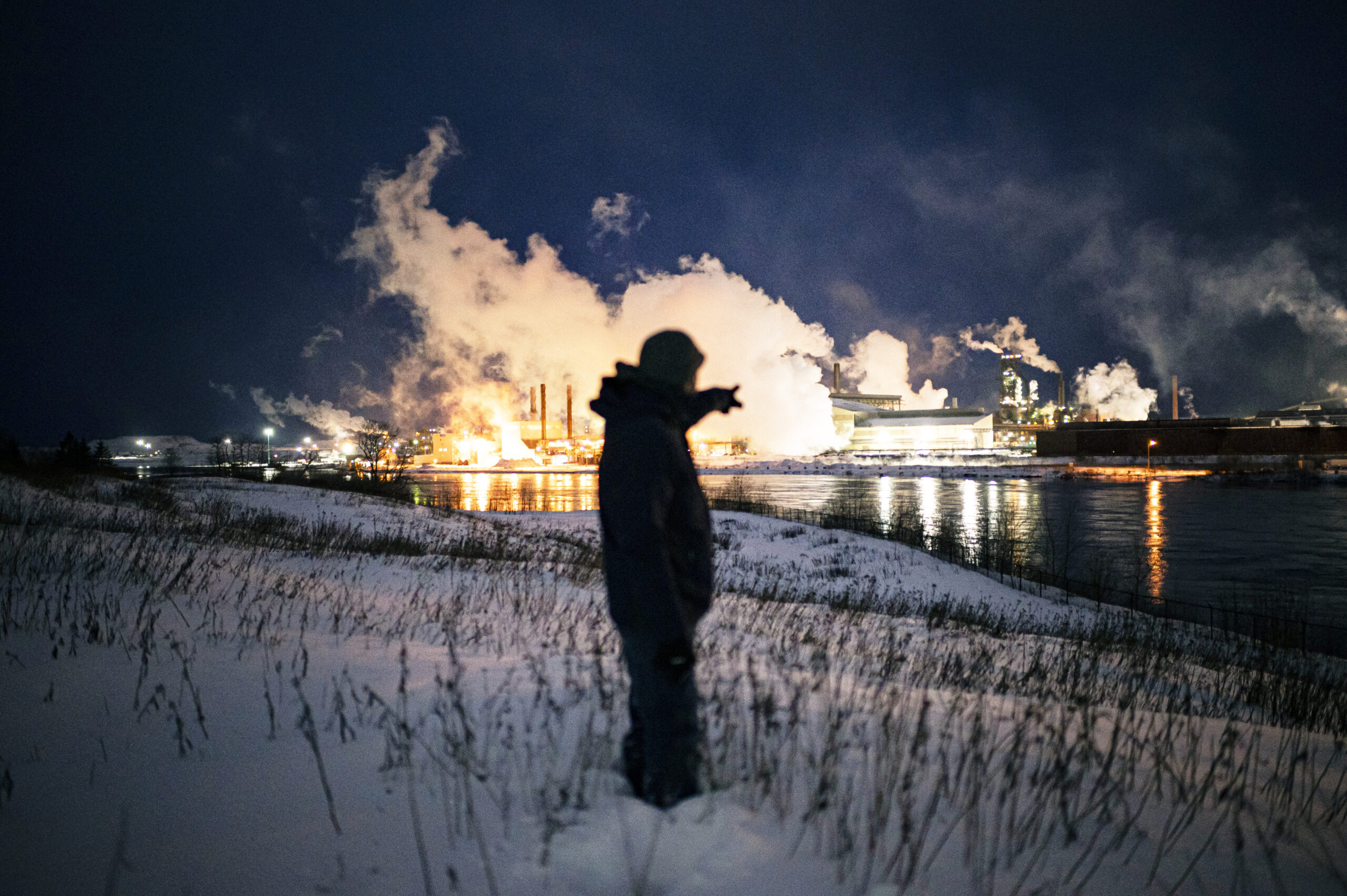
Even for notices the government did post on the environmental registry, key information was often missing, Lysyk added.
In response, Piccini said he believes the government is being transparent, and that it has worked to clear old notices from the registry.
“We have dedicated an educational webpage and ongoing public education campaign on the Environmental Bill of Rights, appreciate the Auditor General’s comments and are going to continue to take meaningful action.”
Pothen said Piccini is dodging questions because he doesn’t have good answers. “The government has consistently made changes to Ontario’s environmental protection and planning regimes that erode public accountability,” Pothen said.
Lysyk also said the problems with the Environmental Bill of Rights run deeper. The law doesn’t apply to all ministries and decisions, even if they shape environmental policy — a loophole the government could easily close, she added.
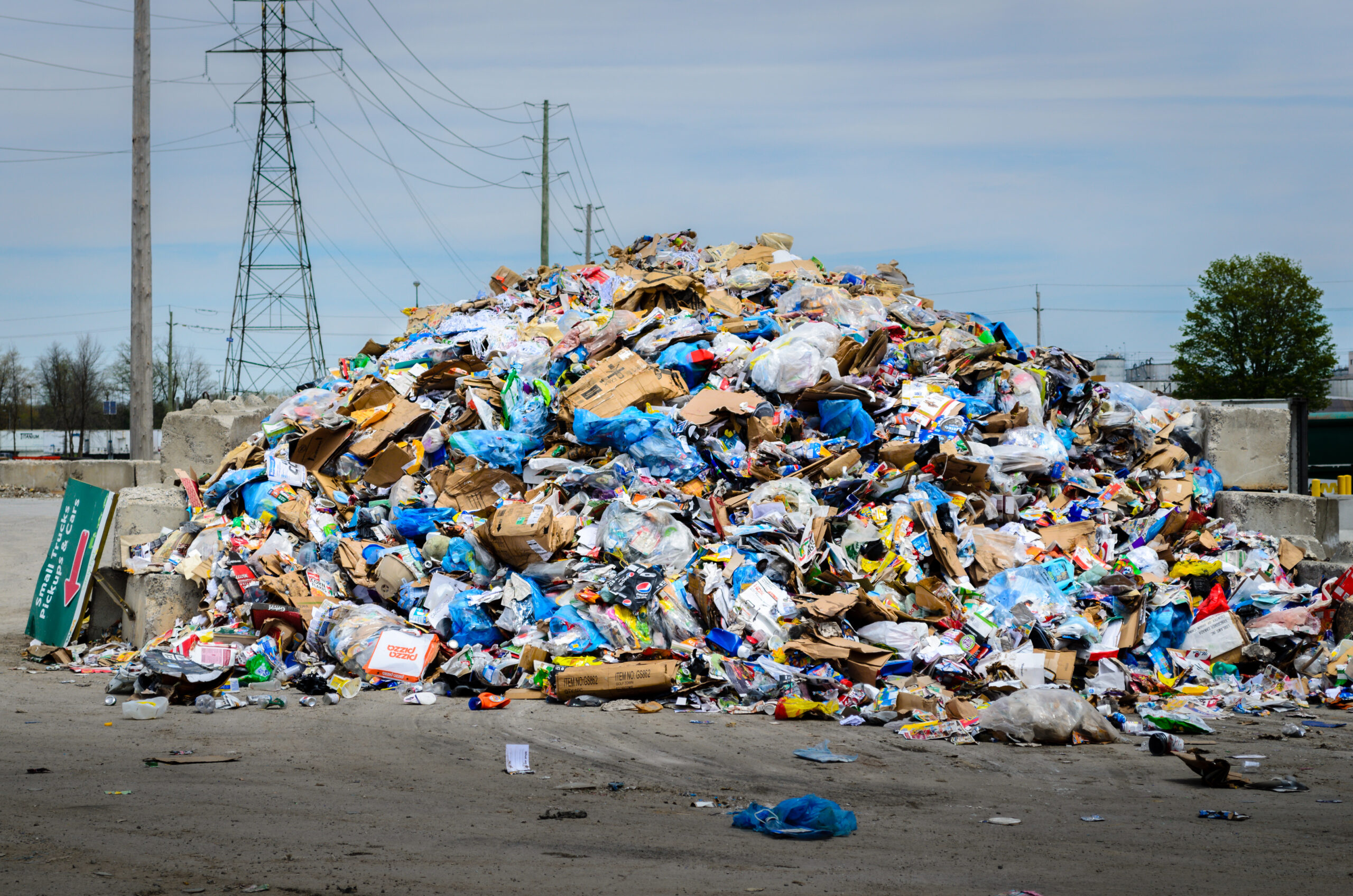
If Ontario continues on its current trajectory, landfills will be full in 11 to 14 years, Lysyk found, warning of a “looming shortage.” That’s mostly because more than 98 per cent of businesses and institutions — like movie theatres, schools and construction sites — aren’t required to recycle. The extra waste also contributes to pollution and rising greenhouse gas emissions.
“The amount of waste generated in Ontario, and Canada as a whole, is among the highest levels of waste generated per person in the world,” the audit found.
About 40 per cent of Ontario’s waste comes from homes, with the other 60 per cent from businesses and institutions. The Ontario government recently overhauled its residential recycling program, a move that garnered praise from municipalities and set higher targets for diverting products from landfills. The changes also mean companies that produce plastic must fully pay for recycling programs, a burden that used to be shouldered by municipalities.
That change wasn’t factored into the audit, but is unlikely to help much because it wouldn’t affect waste from the vast majority of businesses and institutions, Lysyk said. “People in their homes are recycling more and diverting more than industry.”
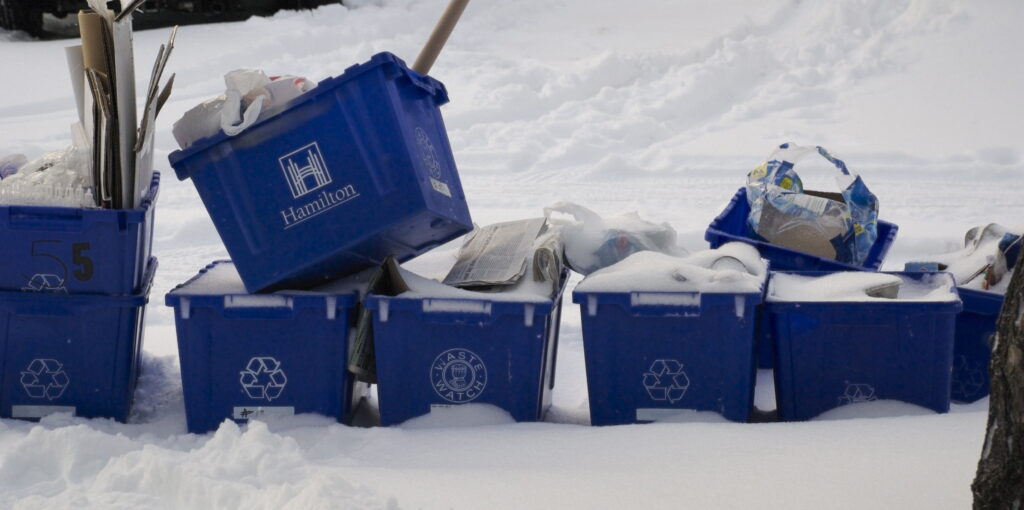
The audit finds that the government has allowed it to be cheaper for businesses and institutions to dump their recyclables and compost in landfills. Environment Ministry inspectors also aren’t looking at whether businesses and institutions’ recycling programs actually work and have stopped enforcing some rules.
Nova Scotia, Prince Edward Island and Quebec have used measures like landfill bans and levies to disincentivize waste, with better results.
Meanwhile, Ontario hasn’t updated its list of items that establishments must recycle since 1994. It doesn’t include coffee cups, most plastics and compostable packaging.
“We all recycle, we compost, we do our part,” Shaw said. “It’s very frustrating to see the large source of landfill not being addressed at a higher level.”
In response to questions about the landfill audit, Piccini did not address the issue of institutional waste, instead mentioning residential blue box changes. When asked whether he planned to crack down on industry, Piccini also said the government is working with businesses. “I don’t think we’re going to affect the meaningful climate change by driving industry out of this province, rather engaging them towards a common goals that we all share, which is diverting more waste,” he said.
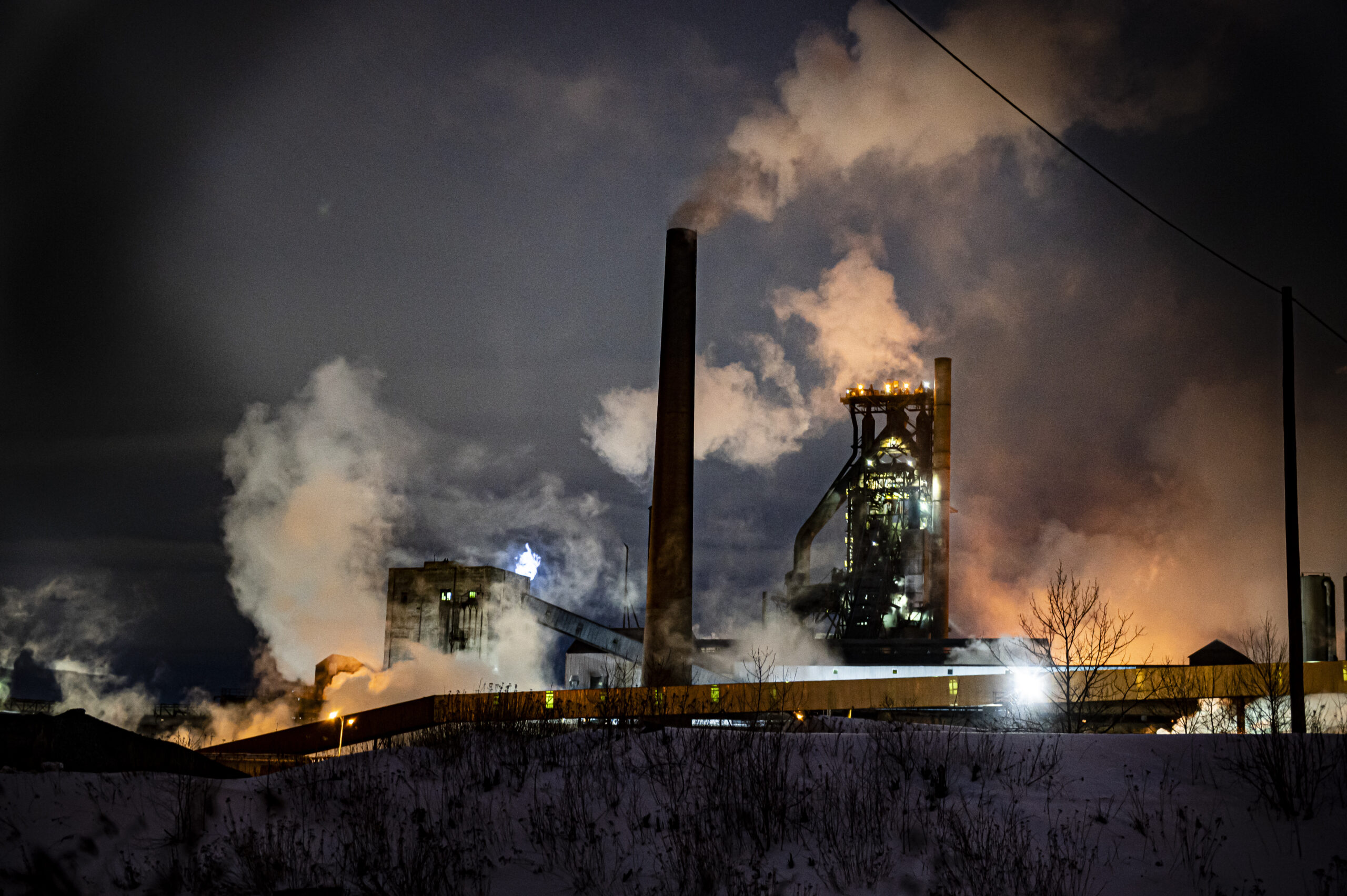
Again, Ford’s government wasn’t the only one to take a hit. The Ontario government has failed to fix its system for informing the public about the state of the environment for 20 years, Lysyk found, meaning the Liberal governments led by Dalton McGuinty and then Kathleen Wynne are also culpable.
In 2016, for example, the Environment Ministry stopped regularly reporting on the state of Ontario’s water quality, a task that took on extra significance after the Walkerton tragedy in 2000, when seven people died after the town’s water supply was contaminated with E.coli. Though the government does release some raw data, that information is difficult for the public to make sense of, Lysyk said.
Ontario Liberal Leader Steven Del Duca defended his party’s record, saying Ontario was an environmental leader before Ford took power. “Trusting Doug Ford with our environment is kind of like trying to trust an arsonist with a pack of matches,” Del Duca said.
That said, things have gotten worse under the Progressive Conservatives. Ministries are not always meeting deadlines for preparing key reports on topics like the Great Lakes and Lake Simcoe and don’t face consequences, the audit showed. And gaps in key information are many.
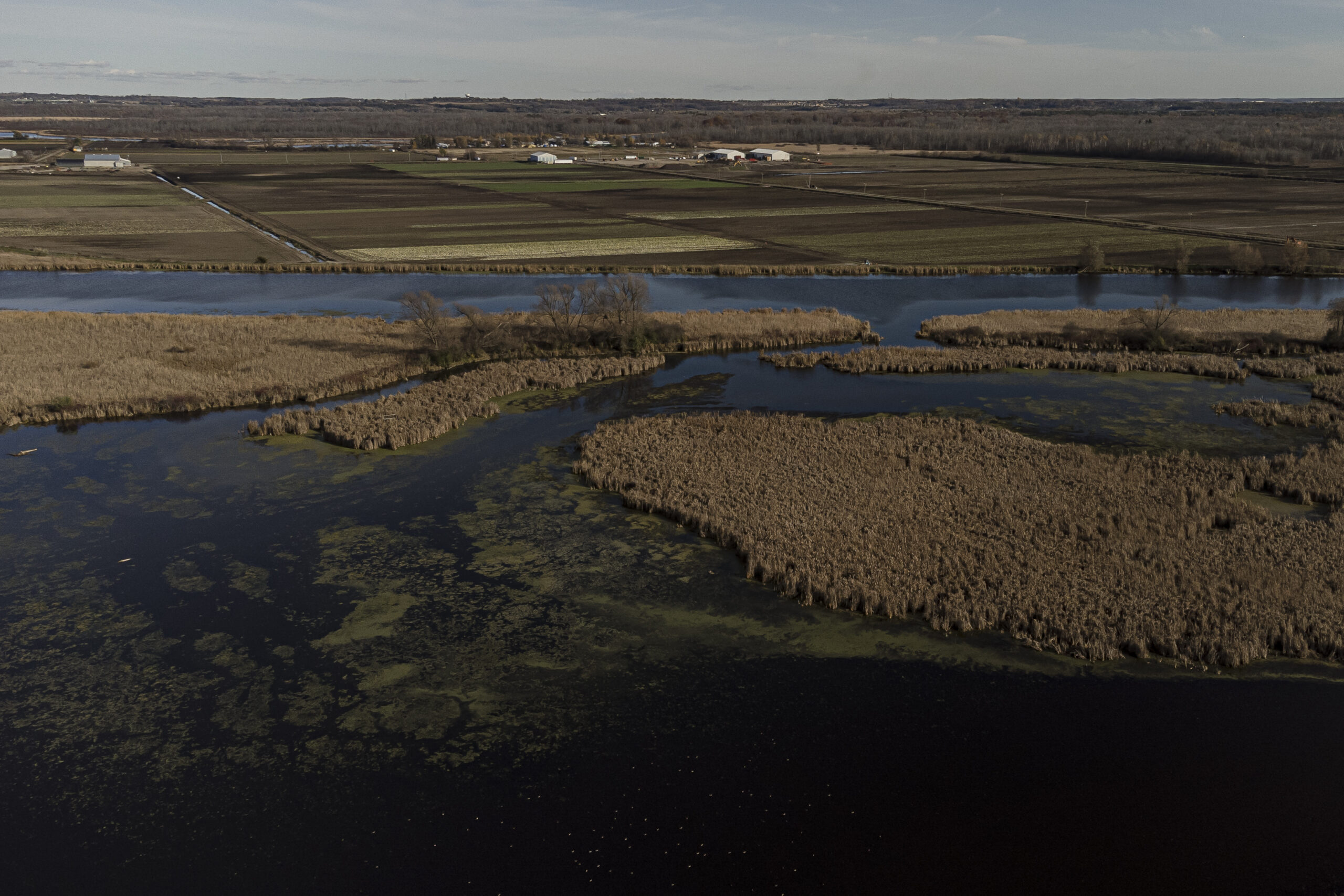
Internal government estimates included in a follow-up to Lysyk’s 2020 audit of the province’s climate progress showed government policies will only achieve a fifth of the emissions reductions it promised.
Speaking to reporters, Piccini argued that Ontario is a leader in emissions reduction and is working to help carbon-intensive industries like steel get cleaner: “We’re making continued progress to those important objectives,” he said.
According to the audit, the ministries of environment, natural resources and agriculture are all failing to explain if or how they’re progressing on key goals for climate, conserving wetlands, preventing the spread of invasive species, preserving pollinator species like bees and keeping soil healthy.
Piccini said issues with the system predate the Progressive Conservative government, but that they’re now embracing open data in an effort to improve.
“We’re bringing the government out of the Stone Age, in which we operated under the previous government, and into the 21st century,” Piccini said.
Updated November 30, 2021 at 3:46 p.m. ET: This article was updated to clarify provincial and federal responsibilities around monitoring certain hazardous spills; to clarify that most, not all, businesses and institutions would not be affected by recent change to recycling rules; and to correct that the Ford government has appointed industry representatives to the committee that advises the government on endangered species, not the committee that classifies endangered species.
Get the inside scoop on The Narwhal’s environment and climate reporting by signing up for our free newsletter. On a warm September evening nearly 15...
Continue reading
Court sides with Xatśūll First Nation, temporarily halting Mount Polley mine waste expansion

Break out the champagne: Emma’s storied life and leadership in journalism has earned her the...

How can we limit damage from disasters like the 2024 Toronto floods? In this explainer...
